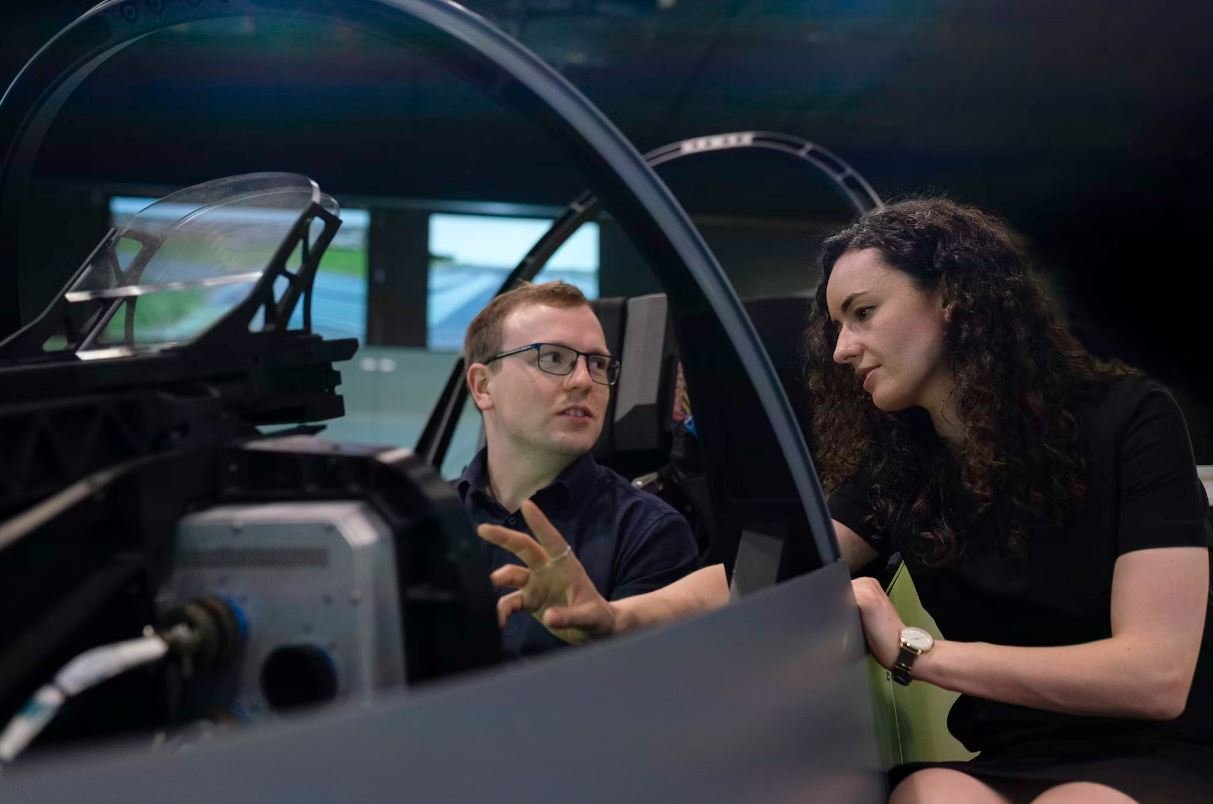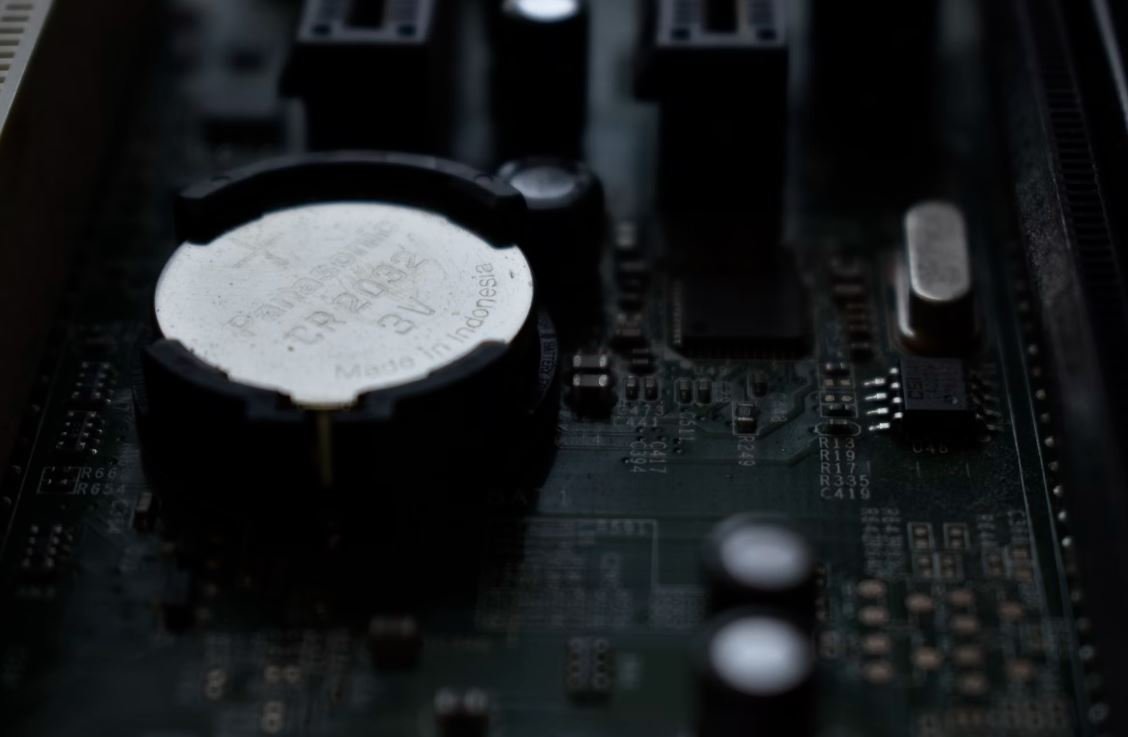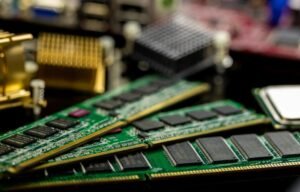Is AI Good or Bad for the Future?
Artificial Intelligence (AI) is rapidly advancing and has the potential to revolutionize various industries. However, there are ongoing debates about whether AI will ultimately benefit or harm the future of society. This article explores the key factors associated with AI and examines its potential impacts.
Key Takeaways:
- AI has the capacity to significantly improve efficiency and productivity.
- AI raises concerns over job displacements and ethical considerations.
- The responsible development and regulation of AI are crucial for positive outcomes.
AI technology has already demonstrated its capabilities in various fields such as healthcare, finance, and transportation. Its ability to process large volumes of data and perform complex tasks with speed and accuracy enables organizations to streamline operations and make better-informed decisions. *AI-powered healthcare systems, for instance, can assist doctors in diagnosing diseases and recommending personalized treatments to patients, improving overall healthcare outcomes.*
On the other hand, the rise of AI poses potential challenges. One significant concern is the displacement of jobs due to automation. *While AI may eliminate certain routine tasks, it also creates new job opportunities that require human intelligence and creativity.* Companies must balance the implementation of AI to ensure a smooth transition for the workforce. Additionally, ethical considerations surrounding AI’s decision-making algorithms need to be addressed to prevent biased outcomes that could perpetuate societal inequalities.
Positive Effects of AI:
- Increased productivity and efficiency in various industries
- Enhanced accuracy and precision in complex tasks
- Improved healthcare outcomes through AI-assisted diagnostics
Negative Effects of AI:
- Job displacement due to automation
- Potential bias and discrimination in decision-making algorithms
- Privacy and security concerns related to AI-powered systems
For AI to have a positive impact on the future, responsible development and regulation are critical. Governments, organizations, and researchers must collaborate to establish guidelines and standards that ensure AI technologies are developed and utilized ethically and responsibly. *This will help prevent potential risks and ensure AI benefits society as a whole.* Interdisciplinary collaborations involving policymakers, ethicists, technologists, and social scientists are crucial to navigate the complexities of AI implementation.
The Role of Regulation:
| Benefits of Regulation | Challenges in Regulation |
|---|---|
| – Ensures accountability and transparency in AI systems | – Striking the balance between innovation and stifling progress |
| – Safeguards against potential misuse and ethical dilemmas | – Adapting to the rapidly evolving AI landscape |
| – Establishes standards for data privacy and security | – Keeping up with global competition and advancements |
Conclusion:
The future of AI is both promising and challenging. Its potential benefits are undeniable, ranging from increased productivity to improved healthcare outcomes. However, the risks associated with job displacements and ethical considerations must be carefully managed. Responsible development and regulation, guided by interdisciplinary collaboration, are crucial in ensuring that AI contributes positively to society. With proper safeguards and guidelines in place, the possibilities of AI in shaping a better future are tremendous.

Common Misconceptions
Misconception 1: AI will replace all human jobs
One common misconception is that artificial intelligence will ultimately lead to mass unemployment as machines take over all human tasks. While AI has the potential to automate certain jobs, it is important to acknowledge that it can also create new job opportunities and enhance productivity in various industries.
- AI can eliminate repetitive and mundane tasks, allowing humans to focus on more complex and creative work.
- AI technologies require human supervision, maintenance, and development, leading to job growth in these areas.
- AI can create new industries and job roles that we haven’t even imagined yet.
Misconception 2: AI will lead to a superintelligent, self-aware entity that poses a threat to humanity
Another misconception is the idea that AI will inevitably surpass human intelligence and pose a significant danger. While AI advancements have indeed shown great progress, there are certain limitations and safeguards in place to prevent such scenarios.
- AI systems are designed with specific goals and constraints, and they lack general intelligence and consciousness.
- Ethical guidelines and regulations are being developed to ensure AI technologies are utilized responsibly and with human well-being in mind.
- AI development is a collaborative effort involving multi-disciplinary teams, including ethicists, to ensure the technology aligns with human values.
Misconception 3: AI will lead to a dystopian future with robots dominating society
Some people fear that AI’s progression will result in a dystopian future where humans serve as subordinates to machines. However, this futuristic imagining often overlooks the current state and future potential of AI technology.
- AI systems are tools that will continue to be influenced and shaped by humans and our collective values.
- AI can be harnessed to solve complex societal challenges and improve areas like healthcare, climate change, and transportation.
- AI can augment human capabilities and serve as a valuable partner, rather than a replacement.
Misconception 4: AI will never fully understand human emotions or make ethical decisions
It is often assumed that AI will never be able to truly understand human emotions or make moral choices, which leads to concerns around its ability to make ethical decisions or provide genuine empathy.
- Advances in AI research are increasingly focusing on areas such as affective computing, aiming to recognize and respond to human emotions.
- Ethics and bias are actively discussed within the AI community, and efforts are being made to ensure AI systems understand and align with ethical principles.
- AI can provide valuable insights and support in healthcare, mental health, and wellbeing, even if it does not possess human-like emotions.
Misconception 5: AI development will always be a secretive and uncontrollable process
There is a belief that AI development is an opaque process, controlled solely by big corporations or secretive government agencies, leading to concerns over lack of transparency and accountability.
- The AI community promotes transparency, accountability, and collaboration through research papers, open-source projects, and public discussions.
- People are increasingly becoming more involved in shaping AI policies, regulations, and ethical guidelines through public consultations, academic research, and industry partnerships.
- The development and deployment of AI systems are subject to legal and regulatory frameworks, emphasizing the need for responsible and accountable AI practices.

The Impact of AI on Employment
Artificial intelligence has the potential to significantly reshape the job market. As technology continues to advance, numerous roles may be automated, while new job opportunities may emerge. This table provides an overview of the predicted impact of AI on various industries and occupations:
| Industry/Occupation | % of jobs at risk of automation |
|---|---|
| Manufacturing | 47% |
| Transportation and warehousing | 59% |
| Retail | 53% |
| Healthcare | 11% |
| Finance and insurance | 24% |
| Professional, scientific, and technical services | 18% |
The Adoption of AI in Education
Education is an area that could greatly benefit from the integration of artificial intelligence. By transforming traditional teaching methods and providing personalized learning experiences, AI has the potential to revolutionize education. The following table outlines the current adoption of AI in different educational settings:
| Educational Setting | % of institutions using AI |
|---|---|
| Higher education | 42% |
| K-12 schools | 23% |
| Online learning platforms | 68% |
AI in Healthcare: Advancements and Challenges
Artificial intelligence has made significant strides in healthcare, assisting in diagnosis, treatment, and research. However, the implementation of AI in this field also presents various challenges. The table below highlights some notable advancements and associated challenges:
| Advancement | Challenge |
|---|---|
| Early disease detection | Data privacy and security concerns |
| Robot-assisted surgeries | Ethical considerations and trust in AI |
| Drug development | Regulatory barriers and cost |
The Ethical Dilemmas of Autonomous Vehicles
Autonomous vehicles hold immense potential to improve road safety and revolutionize transportation. However, they also raise several ethical dilemmas that need to be addressed. The following table provides an overview of some key ethical dilemmas surrounding autonomous vehicles:
| Ethical Dilemma | Consideration |
|---|---|
| Decision-making during accidents | How should the vehicle prioritize occupants versus pedestrians? |
| Data privacy | How should the vehicle handle and protect user data? |
| Legal liability | Who is responsible in the event of an accident: the owner, manufacturer, or AI system? |
AI & Personalized Advertising: Benefits and Concerns
Artificial intelligence has revolutionized the advertising industry, enabling more personalized and targeted marketing campaigns. However, it also raises concerns surrounding privacy and manipulation. The table below explores the benefits and concerns associated with AI in personalized advertising:
| Benefit | Concern |
|---|---|
| Higher customer engagement | Privacy invasion and data misuse |
| Improved ad relevancy | Manipulation and creation of filter bubbles |
| Higher conversion rates | Lack of transparency in algorithmic decision-making |
The Impact of AI on Cybersecurity
The rise of artificial intelligence has paved the way for advanced cybersecurity measures, as well as sophisticated cyber threats. This table highlights the impact of AI on cybersecurity:
| Benefit | Challenge |
|---|---|
| Automated threat detection | Adversarial attacks against AI defense systems |
| Efficient anomaly detection | Ethical considerations of autonomous decision-making |
| Enhanced response capabilities | Shortage of AI security experts |
AI in Agriculture: Improving Efficiency and Sustainability
Artificial intelligence holds promise in transforming agriculture, enhancing productivity, and promoting sustainability. The following table showcases the applications of AI in agriculture:
| Application | Benefits |
|---|---|
| Precision farming | Optimized resource usage and increased crop yields |
| Pest and disease management | Early detection and targeted interventions |
| Weather forecasting | Improved planning and risk management |
AI-Assisted Creativity: Breaking Boundaries
Artificial intelligence has embarked on the realm of creativity, enabling new possibilities for various artistic endeavors. This table showcases examples of AI-assisted creativity:
| Field | AI Contribution |
|---|---|
| Music | Composition and production assistance |
| Visual arts | Generative art and image manipulation |
| Writing | Automated content generation and editing |
AI in Finance: Efficiency and Risk Management
The financial sector has witnessed significant advancements with the integration of artificial intelligence. Here are some notable applications of AI in finance:
| Application | Benefits |
|---|---|
| Automated trading | Improved speed, accuracy, and reduced human errors |
| Risk assessment | Better detection of fraudulent activities and risk management |
| Customer service | Enhanced chatbots for personalized financial advice |
Technology’s impact on our future is undeniable, and the rise of artificial intelligence brings both excitement and concern. As AI progresses, we face numerous challenges, including potential job displacement and ethical dilemmas. However, we must also recognize the myriad benefits AI can offer, from revolutionizing education and healthcare to enhancing cybersecurity and creativity. It is crucial that society actively grapples with these complex issues, ensuring that AI is harnessed for the greater good while mitigating potential risks. The future depends on our ability to navigate this transformative technology wisely.
Frequently Asked Questions
What is Artificial Intelligence (AI)?
Artificial Intelligence refers to the simulation of human intelligence in machines that are programmed to think and learn like humans. It involves computer systems performing tasks that would typically require human intelligence, such as speech recognition, decision-making, problem-solving, and language translation.
How does AI impact society?
AI has the potential to greatly impact society in various ways. It can assist in automating and improving everyday tasks, enhancing efficiency in industries, revolutionizing healthcare, transportation, and communication systems, and enabling advancements in scientific research and exploration.
What are the benefits of AI for the future?
AI offers numerous benefits for the future. It can enhance productivity, streamline operations, and optimize resource utilization across various sectors. Additionally, AI can potentially accelerate advancements in healthcare by aiding in disease diagnosis and treatment, improve transportation systems through autonomous vehicles, and contribute to solving complex global challenges.
What are the downsides of AI for the future?
While AI holds immense potential, there are also concerns about its impact on the future. Some potential downsides include the displacement of human jobs due to increased automation, ethical dilemmas surrounding AI decision-making, the possibility of bias in AI algorithms, and potential security risks associated with AI-powered systems if not properly safeguarded.
Is AI a threat to humanity?
There is ongoing debate regarding whether AI poses a threat to humanity. While some argue that AI could lead to unintended consequences or even surpass human intelligence, others believe that with proper regulation and ethical considerations, AI can be leveraged to benefit humanity rather than posing a direct threat.
How can AI be used ethically for the future?
To use AI ethically for the future, it is crucial to establish regulations and guidelines to ensure fairness, transparency, and accountability in AI-based systems. Ethical considerations should be prioritized during AI development to prevent discrimination, bias, or manipulative use. Engaging in open discussions and collaborations across various stakeholders is key to achieving ethical AI implementation.
Can AI replace human jobs?
AI has the potential to automate certain tasks and roles, which may lead to changes in the workforce. While some jobs might be replaced by AI, new job opportunities are also likely to emerge. It is essential to focus on upskilling and reskilling the workforce to adapt to the changing job landscape and ensure that humans and AI can collaborate effectively.
How can AI benefit healthcare?
AI can have significant benefits for healthcare. It can assist in analyzing medical data, diagnosing diseases, and suggesting appropriate treatment plans. AI-powered tools can also aid in early disease detection, precision medicine, and the development of personalized treatment strategies, ultimately enhancing patient care and outcomes.
What are the concerns around AI safety and security?
Ensuring AI safety and security is a critical concern. There is a need to prevent malicious use of AI technology, protect personal data and privacy, and establish robust cybersecurity measures to minimize the risk of AI systems being compromised. Additionally, addressing potential biases, errors, and unintended consequences that may arise in AI algorithms is crucial to maintaining safety and trust in AI applications.
How can AI be regulated effectively for the future?
Effective regulation of AI requires collaboration between governments, industry experts, and academia. Establishing clear legal frameworks, ethical guidelines, and principles for AI development, deployment, and usage is essential. Regular audits, independent evaluations, and ongoing monitoring can ensure compliance with ethical and safety standards, fostering responsible AI innovation.




